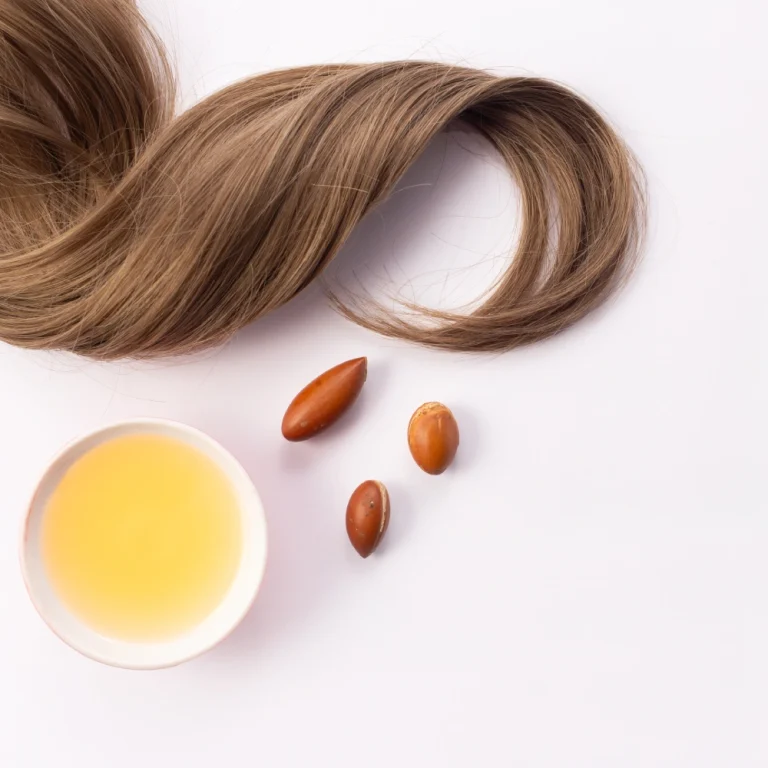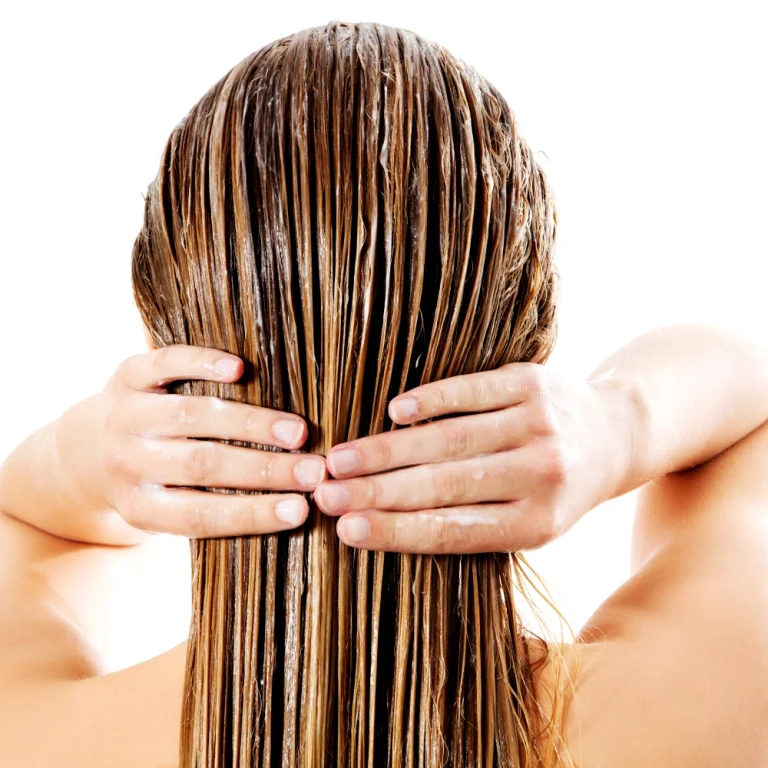Dry hair occurs when, for one reason or another, the hair either doesn’t receive or doesn’t retain enough moisture. This can lead to a lack of shine, increased risk of frizziness and more breakages – all of which keeps your hair from looking its best.
Identifying a cause for your dry hair problems can make it easier to remedy the situation and return your hair to its former glory. Keep reading to learn more about the causes of dry hair.
What is the cause of dry hair?
One important thing to bear in mind when investigating the cause behind dry hair is that there may not be a single distinct cause. Many of the contributing factors we’ll discuss below can coexist, which may mean that resolving one issue improves your hair, but doesn’t necessarily eradicate the problem entirely.
If you have dry hair and you’re not sure what’s causing it, it may help to consider the below points as a checklist to help you spot potential causes and find remedies.
Over-washing
Although it might seem like washing your hair every day is the best way to keep it clean and healthy, in most cases it could actually be detrimental.
If you’ve ever gone a while without washing your hair and felt it get greasy, that’s partially down to the build-up of a natural oil called sebum. Sebum is produced by the scalp to keep your hair moisturised and help to protect it from damage.
When you go too long between washes, sebum will build up on the scalp and collect dirt and grime, which can lead to other scalp and hair problems. However, over-washing can result in entirely stripping the scalp of natural oils, leaving your hair unprotected and lacking moisture.
There’s no simple right answer for how often you should wash your hair, because everyone’s hair is different. In general, the finer your hair is, the more often you need to wash it – but be aware that environmental factors like pollution can also play a role in grime build-up.
Skipping conditioner
As well as over-washing your hair, not using the right products on it can also lead to dry hair. When you wash your hair, shampoo helps to remove oil, dirt and grime from your hair and scalp. Then, once you’ve removed these unwanted residues from your hair, the conditioner’s role is to rehydrate and protect your strands.
If you’ve been worried about oily scalps or greasy hair, then you may be tempted to skip conditioner in your hair care routine. Unfortunately, this can leave your hair dry and brittle, making the strands more prone to damage and breakage.
To keep your hair from drying out, it’s vital that you protect it with a quality, hydrating conditioner. Look for one that contains naturally hydrating ingredients like argan oil, without harsh chemicals such as sulphates or parabens that could exacerbate dry hair. A good rule of thumb if you have dry hair is to look for a conditioner that specifically targets this hair type.
When washing your hair with conditioner or using sprays or hair oils, try to use them only on the hair strands and not the scalp – this can help to ensure the hydrating goodness goes exactly where it needs to be. If you’re at all unsure, check the instructions on the product packaging.
You can also get nourishing hair oils and sprays which fulfil a similar purpose to condition and hydrate your hair. Typically, these are intended for use on days you don’t wash your hair, helping to lock in moisture between washes.
Harsh hair products
In some cases, using intense, concentrated hair products can be the right thing to do, particularly if you’re tackling a severe case of a hair problem such as dandruff, for example. But this should only be done on medical advice or if gentler treatment options have failed to help.
For the most part, you should steer clear of harsh hair products – those which contain chemicals like sulphates, parabens, silicones or synthetic fragrances, dyes or alcohols – and use gentle formulas instead, as these help to nourish and protect the hair without putting it through more strain. Hair products that use natural ingredients may help you to avoid dry, brittle hair.
Heat styling and blow drying
The use of heat on hair is well known for being damaging – causing dry hair is just one way it can affect your strands.
Each of your individual strands of hair has an outer coating known as a cuticle, which is made of keratin, a protein. When exposed to high temperatures (such as when heat-styling or using a hair dryer), the molecular structure of this protein can weaken and become compromised.
What this means is that the outer cuticle loses its integrity. Like a faulty suit of armour, it begins to show chinks – and this can allow irritants and pollutants to get in, as well as letting moisture escape. Naturally, this means the hair cannot retain moisture easily, so it becomes dry.
By avoiding heat-styling, you can help to ensure that your hair’s outer cuticles stay strong, reducing the risk of excessive moisture loss from your strands.
Vitamin deficiency
Vitamins and minerals are essential for keeping the body healthy, and this extends to your hair. Some micronutrients help to form proteins like keratin that help to protect your hair, and not getting enough of these nutrients can lead to hair problems like dry hair.
Deficiencies that could lead to this kind of problem include:
- Vitamin D
- Vitamin E
- Vitamin C
- Essential fatty acids.
Notably, if you’re experiencing a deficiency in micronutrients that’s affecting your hair, you’ll most likely have other symptoms unrelated to your hair. These might include fatigue, unexplained weight loss, mood changes and joint pain.
If you think you might have a vitamin or mineral deficiency, it’s best to speak with a doctor or pharmacist who can help you to identify potential causes and treatment options.
Climate
Although we in the UK have a fairly moderate climate, it’s worth bearing in mind that climate can absolutely have an effect on how dry or hydrated your hair is. Dry conditions in both winter and summer can leach the moisture out of your hair and leave you with excess frizziness.
So, what can you do about this? In this case, remedying your dry hair will be more about taking extra precautions during dry spells rather than trying to change the cause – i.e. the climate. Using a hydrating shampoo and conditioner can help to combat the effects of a dry climate, as can staying well hydrated yourself.
Salt water exposure
Last but not least, another potential cause of dry hair is one you might not have even considered: salt exposure. If you’ve been swimming in the sea, then chances are that your hair has been soaked in salt water.
The salt in salt water means it can’t hydrate us enough, which is one of the reasons why it has to be treated before you can drink it. But it has a similar effect on your hair – failing to restore moisture and even removing it from your strands.
Crucially, salt water from the sea is evaporated by the sun and becomes a part of the air. In coastal areas, you may see salt deposits on windows and external walls – this all comes from the salt in the air. Because of this, you don’t necessarily need to have gone in the sea to feel the effects of salt water exposure.
To combat this, rinse your hair after swimming in the sea to help flush out any salt residue. You should also use a nourishing hair care regimen to help protect your strands against the dehydrating effects of salt and salt water exposure.
As mentioned, there are many possible causes of dry hair, and it may be that the effects you’re noticing are caused by a combination of factors rather than a single definitive cause. Fortunately, there are plenty of techniques you can use to combat dry hair and keep your strands looking luscious.
Sources:
- https://www.mydcsi.com/2023/05/12/is-saltwater-good-for-your-hair/
- https://limmerhtc.com/how-different-climates-affect-hair/
- https://www.theindependentpharmacy.co.uk/hair-loss/guides/10-vitamin-deficiencies-that-are-linked-to-hair-loss
- https://www.redzhairstylists.co.uk/tips-for-heat-styling-hair-without-damage/
- https://www.healthline.com/health/dry-hair#causes
- https://www.johnfrieda.com/en-uk/blog/hair-care/how-often-to-wash-hair/
- https://www.headandshoulders.co.in/en-in/healthy-hair-and-scalp/hair-care/tips/dos-and-donts-of-dry-scalp#causesOfDryScalp
- https://www.cerave.com/skin-smarts/hair-and-scalp-expertise/dry-hair-treatment-dry-hair-routine
DISCOVER OUR
POPULAR PRODUCTS
Bioxcin | AQUA THERMAL DS
Eliminates extreme dandruff and promotes a healthy scalp.
Bioxcin | AQUA THERMAL
Removes dandruff and supports
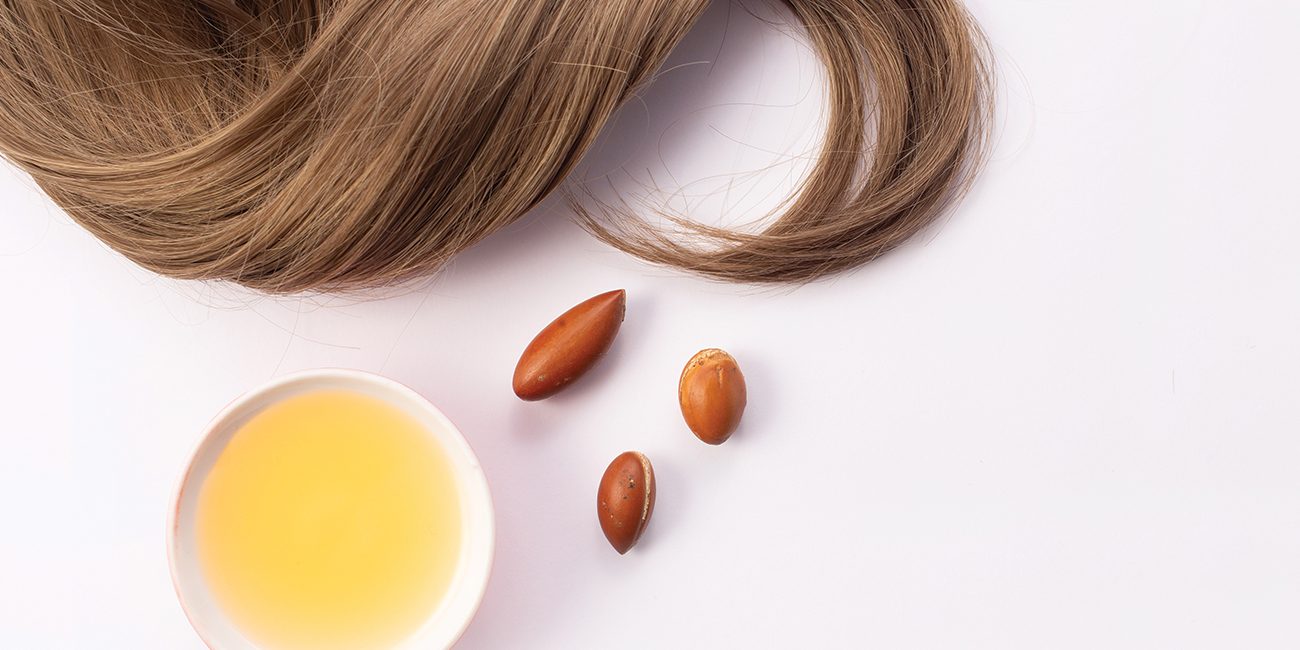
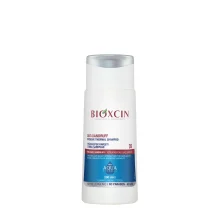
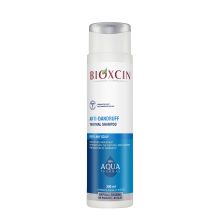
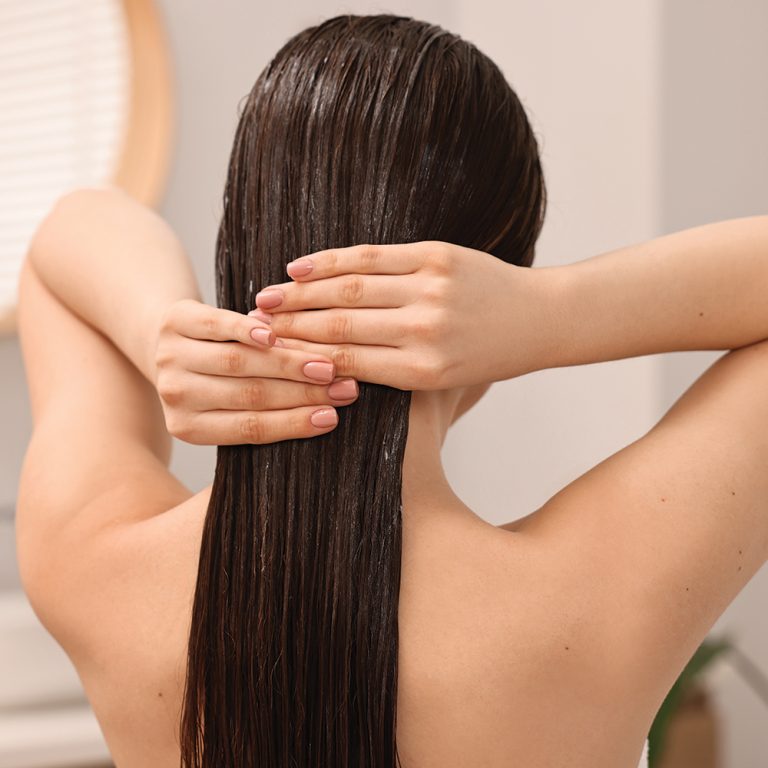
![How-to-manage-damaged-hair[B2] A view of long, auburn hair, comparing healthy, trimmed hair on the left with damaged hair on the right.](https://bioxcin.uk/wp-content/uploads/2025/05/How-to-manage-damaged-hairB2-768x768.jpg)
